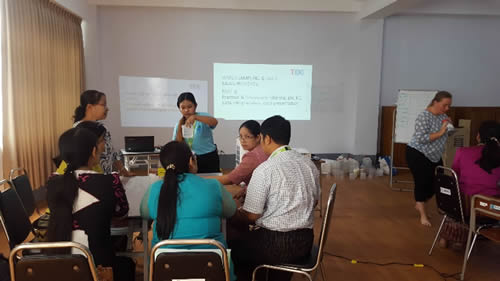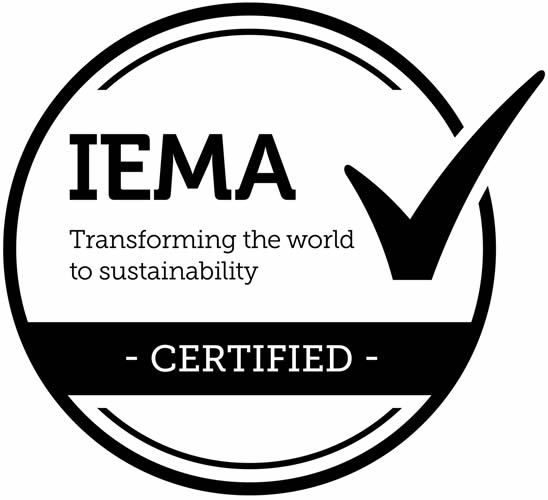Education for sustainable development

The Sustainable Development Goals set out the scale of the challenges all societies and nations face. Goal 4, Ensure inclusive and quality education for all and promote lifelong learning, contains target 7: By 2030, ensure that all learners acquire the knowledge and skills needed to promote sustainable development, including, among others, through education for sustainable development and sustainable lifestyles, human rights, gender equality, promotion of a culture of peace and non-violence, global citizenship and appreciation of cultural diversity and of culture’s contribution to sustainable development. Researching what needs to be taught, how it should be taught and who needs to act to meet this target is central to how The Open University itself can contribute. Equally, the forms of open and distance education that The Open University supports offer scale and reach to this action research.
Current projects
TIDE (2018-21)
The UK Aid funded Transformation by Innovation in Distance Education (TIDE) project is bringing together universities in the UK and Myanmar to strengthen and support innovations in Myanmar’s extensive distance education system, both at institutional levels and in the design and delivery of learning, making use of the country’s rapidly emerging ICT infrastructure. TIDE is developing competency frameworks and relevant educational resources to support improvements in educational practices that improves both distance education in general and education for environment and sustainable development specifically.
While primarily an international development project a significant amount of action research within and on the project is also being undertaken.
More details on the Tide (2018-21) project are available.
Lead OU researchers: Andy Lane
GCRF studentship (2019-22)
This Global Challenge Research Fund supported studentship is investigating the staff and student experience of informal and formal Education for Sustainable Development (ESD) in Myanmar. This will include the different drivers and determinants of staff and student attitudes and behaviours towards SD within different learning contexts as well as what drives and determines the provision of such education from higher education institutions (HEIs). It will be working in conjunction with the TIDE project.
Lead OU researchers: BoBo Lwin, Andy Lane and Rachel Slater
Completed projects
SusTEACH (2011-13)
This Jisc funded project, under their Greening ICT programme, examined the transformative impacts of ICTs on Higher Education teaching models and conducted an environmental assessment of the impacts of courses/modules using different models from several Higher Educational Institutions, including Loughborough University, Cranfield University and Oxford University as well as the Open University. We also reanalysed similar data collected some years previously for the Factor 10 Visions project at the OU when the use of ICTs was much less common.
We also developed a sustainability toolkit for UK Higher Education (HE) based on the above data analysis of our findings following an environmental assessment of different HE Teaching Models using ICTs. This toolkit supports lecturers and academic designers with the design of new courses/modules and qualification programmes, and also provides resources to support greater awareness of their likely carbon impacts. The wider aim is to encourage adoption of the toolkit to support institutional transformation in HE.
More details on SusTEACH (2011-13) are available as well as this free course on The environmental impact of teaching and learning.
Academic Staff
- Lead OU researchers: Andy Lane and Sally Caird





